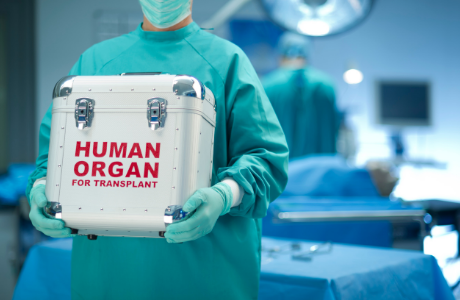At Bayside Church we have people from America, Armenia, Australia, Austria, Canada, China, Cook Islands, Egypt, England, Fiji, Germany, Ghana, Greece, Holland, India, Indonesia, Iraq, Ireland, Israel, Italy, Jamaica, Japan, Jordan, Kenya, Lebanon, Macedonia, Malaysia, Malta, Mauritius, Mexico, Mozambique, New Zealand, Nigeria, Niue Islands, Northern Ireland, Pakistan, Palestine, Philippines, Poland, Romania, Russia, Samoa, Scotland, Serbia, Singapore, Solomon Islands, South Africa, Spain, Sri Lanka, Sudan, Switzerland, Tanzania, Trinidad, Uganda, Ukraine, Uruguay, Vietnam, Wales and Zimbabwe. And there may be others that we’re not aware of at this stage.
The amazing thing about this is that some of these people groups are traditional enemies. Think about the enmity that exists between India and Pakistan; between Protestant and Catholic Irish; between Jews and Palestinians; between white, black and colored South Africans; and between Greeks and Macedonians.
For centuries people have divided over racial differences. Hatred is passed from one generation to the next, often with younger generations having no clue as to why enmity exists. They just know that they are to hate.
In the same way people conflict over religious differences with one religion often persecuting members of another. Others clash because of economic inequality where the rich oppress the poor; or gender differences where men dominate women; or social divisions where the free enslave others for their own greedy profit.
The wonderful thing about true Christianity is that all these divisions – and the ongoing torment that goes with them – disappear because of Jesus. That’s why the apostle Paul wrote words like this:
“You are all sons of God through faith in Christ Jesus, for all of you who were baptized into Christ have clothed yourselves with Christ. There is neither Jew nor Greek, slave nor free, male nor female, for you are all one in Christ Jesus.” (Galatians 3:26-28)
At Bayside Church we have people from India and Pakistan enjoying each other’s company; people from Catholic and Protestant Irish background hanging out together; Jews and Palestinians getting along; and white, colored and black South Africans loving one another. And that’s the way it should be! It’s a little taste of heaven on earth as revealed in the final pages of the Bible speaking of Jesus, “… you were slain,and with your blood you purchased men for God from every tribe and language and people and nation. You have made them to be a kingdom and priests to serve our God,and they will reign on the earth,” (Rev 5:9-10).
It all starts when we love our neighbour as ourselves!
If you like this blog share it on facebook or retweet it.







